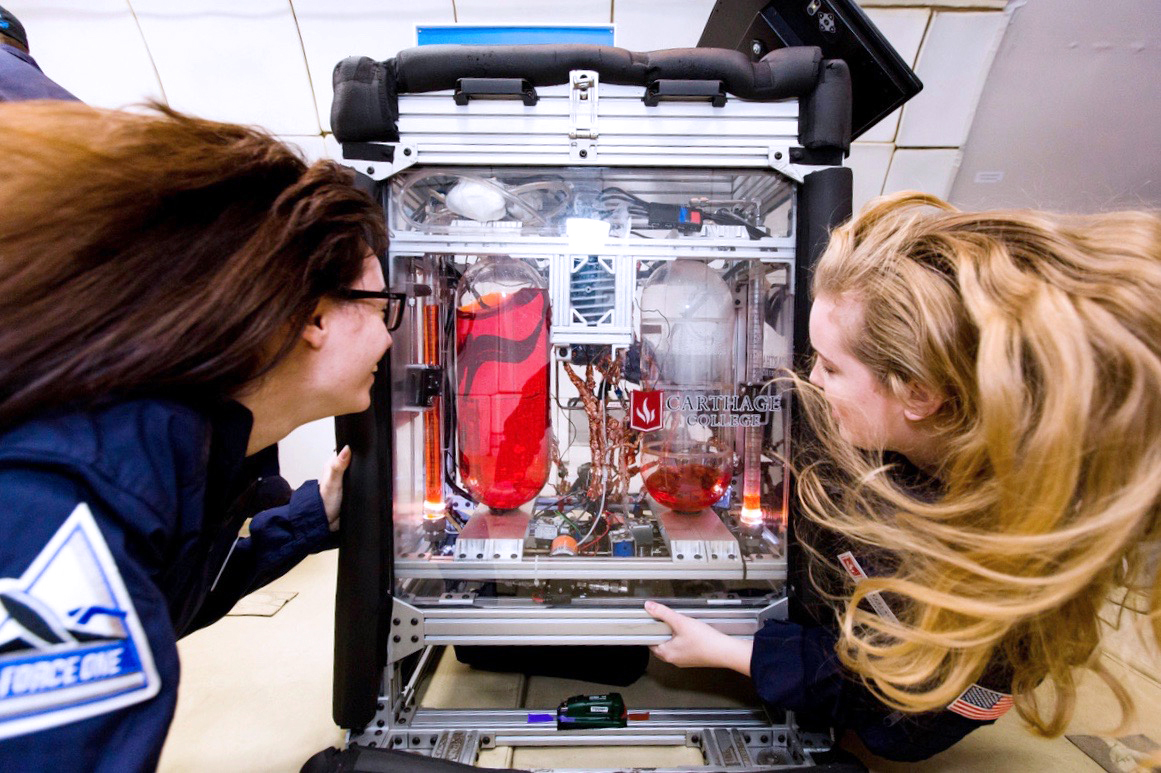Mohamed El-Genk
University of New Mexico
Nuclear power and propulsion systems will enable future NASA human exploration of Mars, effectively decreasing transit time and reducing astronauts’ exposure to hazardous space radiation. For these systems require radiators for rejecting waste heat into space could be large and massive. These radiators need to be much lighter than current State-of-the-Art (SOA) and operated at higher average surface temperatures (~500-600 K). This project aims to develop a lightweight and foldable heat pipes radiator panel for heat rejection at these temperatures with a specific mass < 3 kg/m2 and higher resilience compared to SOA. The radiator panel will employ Ti / C-C composite rubidium heat pipes with integrated fins of composite C-C / Ti /Highly Oriented Pyrolytic Graphite (HOPG) for strength and effectively spreading rejected heat along the surface. The strong and lightweight C-C outer layer provides structural strength and serves as a protective armor against impacts by micrometeorites and space debris. The radiator panels have integrated C-C armored Ti-walled headers with perforated dividers to reduce pressure losses of the circulating NaK-78 fluid and facilitate uniform heat transport by the radiator’s rubidium heat pipes. Performance and structural analysis of the advanced radiator panel design will be carried out using multi-physics, multi-scale approach combining transient heat pipe simulation, 3-D thermal and Computational Fluid Dynamics (CFD), and structural analysis codes. This is in addition to conducting experimental characterization of the robustness of the interfaces in fabricated samples of the layered Ti / HOPG and Ti / C-C composite structures. Experimental testing will investigate the effect of temperature on the integrity of fabricated samples in inert gas atmosphere as well as in a high vacuum. This research effort will develop an optimized design of lightweight heat rejection radiator that ensures long life, suitable materials compatibility, and high structural strength.




























